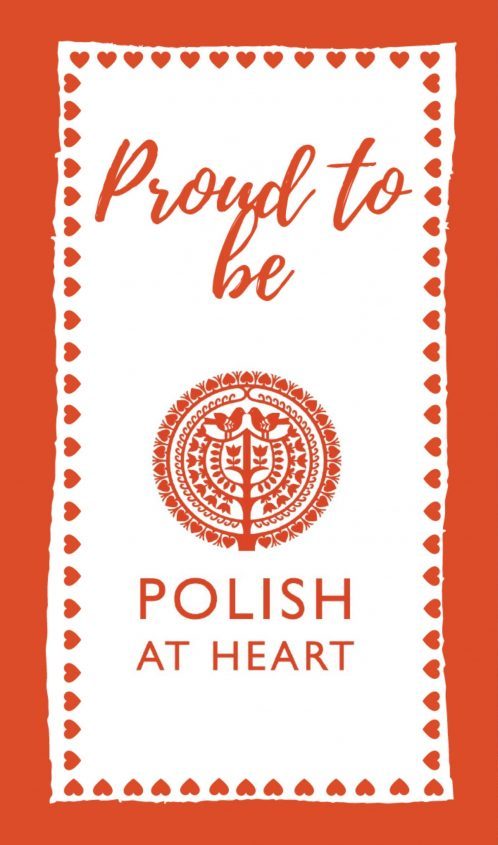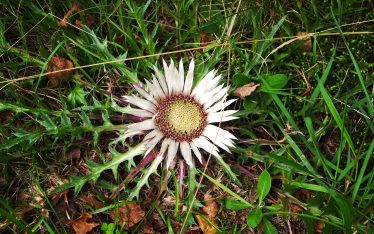So it’s National Poetry Day in the UK and the classics are coming out, but do you know the most famous lines of Polish Poetry?
It has to be the opening lines of Pan Tadeusz by Adam Mickiewicz. Almost every Pole who has read anything more than a newspaper is familiar with the contents of Pan Tadeusz:
Litwo, Ojczyzno moja! ty jesteś jak zdrowie;
Ile cię trzeba cenić, ten tylko się dowie,
Kto cię stracił. Dziś piękność twą w całej ozdobie
Widzę i opisuje, bo tęsknie po tobie.
O Lithuania, my country, thou art like good health;
How much one should prize you, only he can tell
Who has lost you. Your beauty and splendour I view
And describe here today, for I long after you.
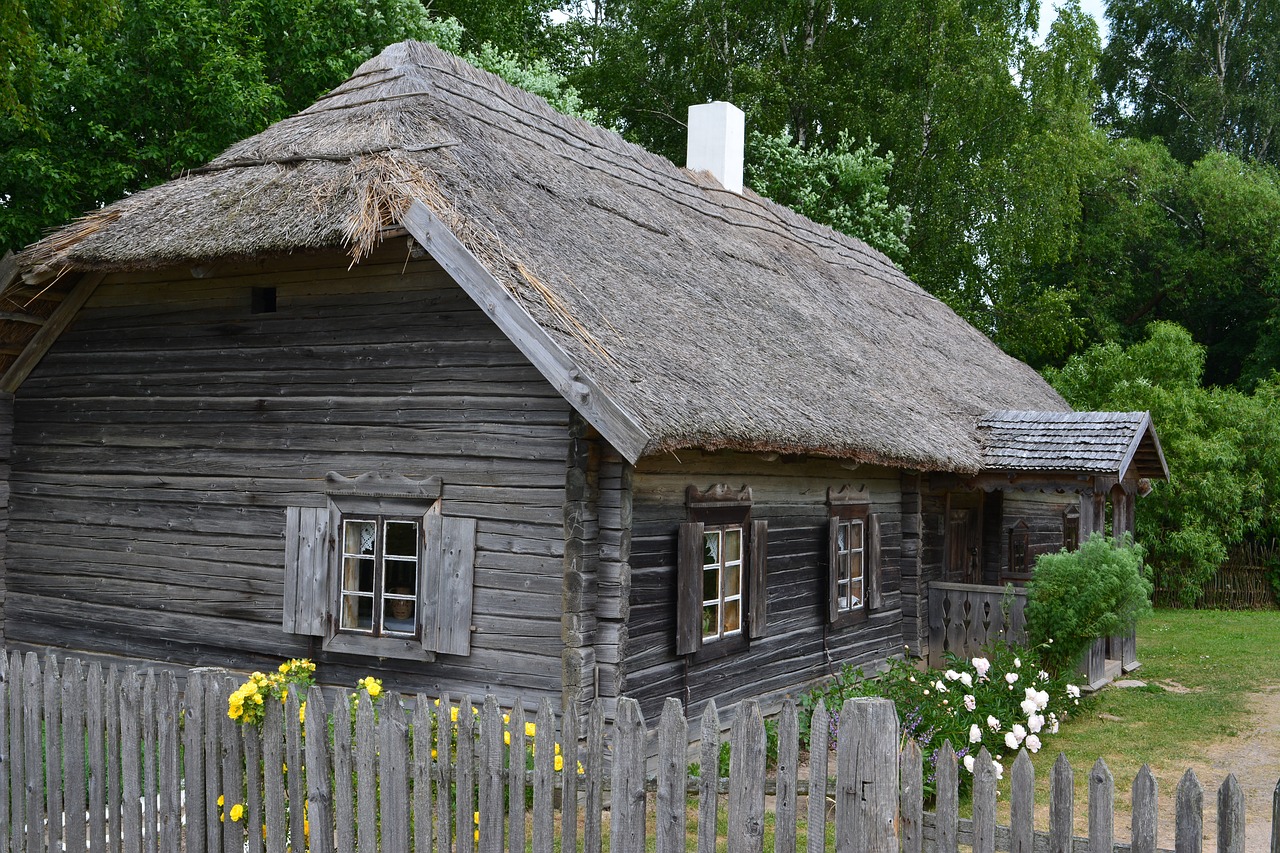
” No European nation of our day has such an epic as Pan Tadeusz” claimed his fellow poet Zygmunt Krasiński. But do you know some other parts of the book, like the amazingly described Grzybobranie (mushroom picking) for a whole 40 lines in Chapter 3:
Panienki za wysmukłym gonią borowikiem, którego pieśń nazywa grzybów pułkownikiem
And girls head for the slender Cep, which the song refers to as the mushroom Colonel
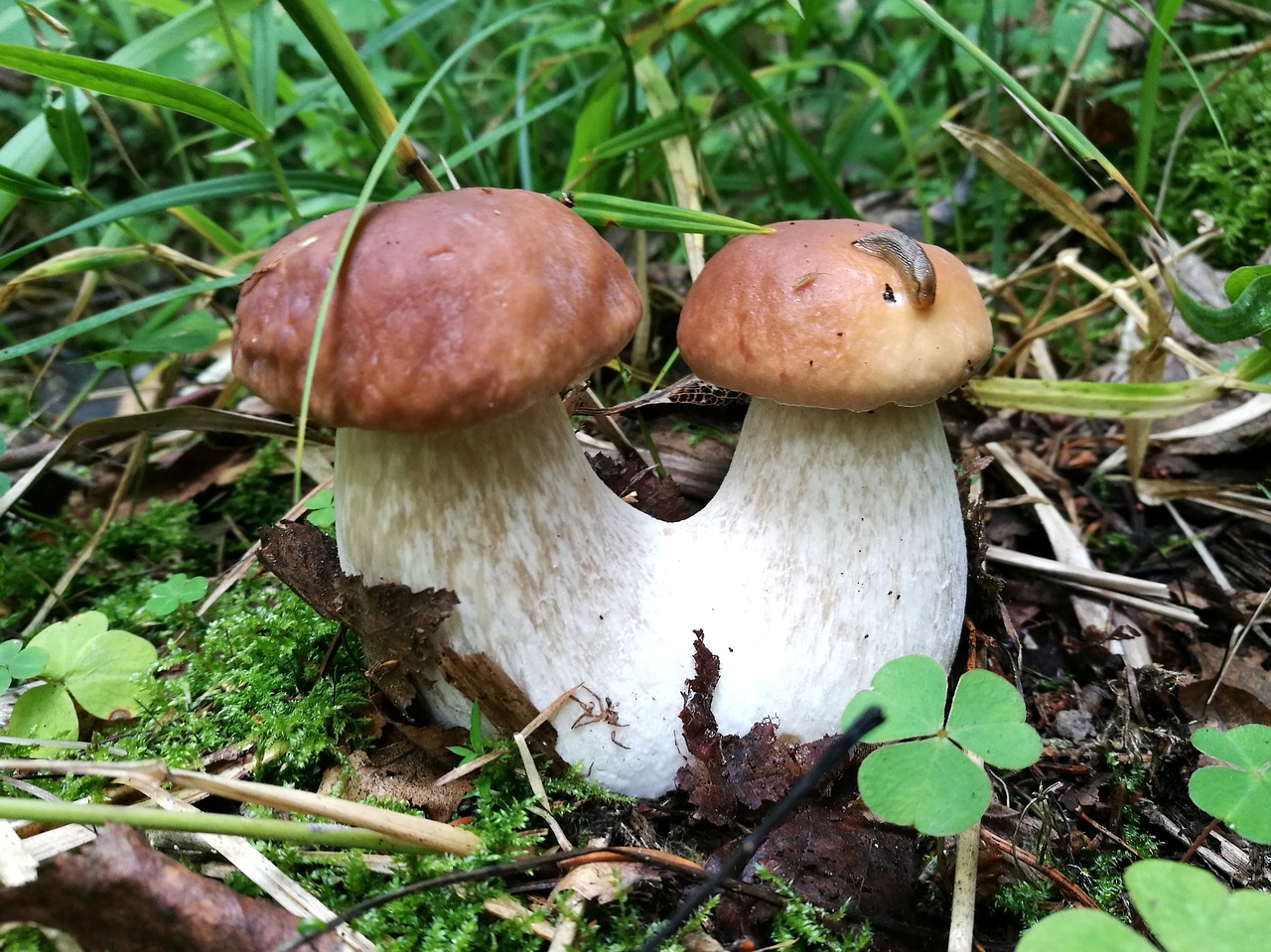
Or some 20th century poets, like the Nobel winning Wisława Szymborska who lived most of her life in Kraków? Here are her:
Trzy Słowa Najdziwniejsze
Kiedy wymawiam słowo Przyszłość,
pierwsza sylaba odchodzi już do przeszłości.Kiedy
wymawiam słowo Cisza,
niszczę ją. Kiedy wymawiam słowo Nic,
stwarzam coś, co nie mieści się w żadnym niebycie.
The Three Oddest Words
When I pronounce the word Future,
the first syllable already belongs to the past. When I
pronounce the word Silence,
I destroy it.When I pronounce the word Nothing,
I make something that cannot fit into any non-existence.
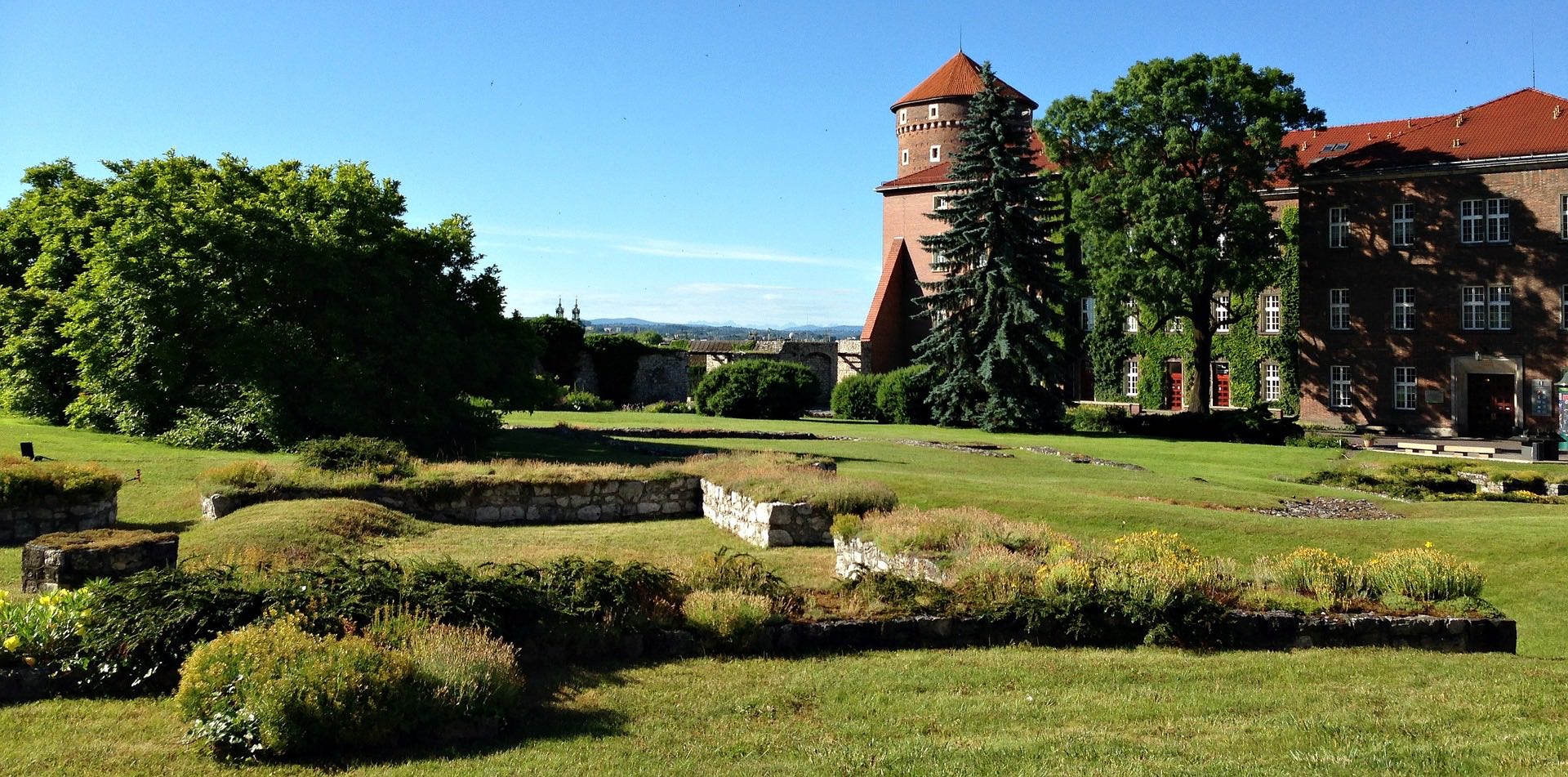
Szymborska’s poetry has wit and deceptive simplicity, describing domestic details and linking them to history, such as in the poem Koniec i Początek (The End and the Beginning): Po każdej wojnie ktoś musi posprzątać After every war someone’s got to tidy up.
Or one of my favourites the priest Ks. Jan Twardowski – whose poems are often funny observations on life – this is the last verse of:
Śpieszmy się kochać
Śpieszmy się kochać ludzi tak szybko odchodzą
i ci co nie odchodzą nie zawsze powrócą
i nigdy nie wiadomo mówiąc o miłości
czy pierwsza jest ostatnią czy ostatnia pierwszą.
Let us hurry
Let us love people now they leave us so fast
and the ones who don’t leave won’t always return
and you never know while speaking of love
if the first one is last or the last one first.

Born in 1915 he worked most of his life in Warsaw. Taking part in the Armia Krajowa as a young man, he fought in the Warsaw Uprising in 1944 after which he joined a seminary and became a priest. All of these experiences helped him become a popular poet with poems which are often about religion, but written with a dry humour that everyone can relate to.
Especially his poem, Smiling in Church which starts:
W kościele trzeba się od czasu do crazy uśmiechać
do Matki Najświętszej która stoi na wężu jak na wysokich obcasach
In church you need to smile from time to time
at the Holy Mother perched on a snake as if on high heels
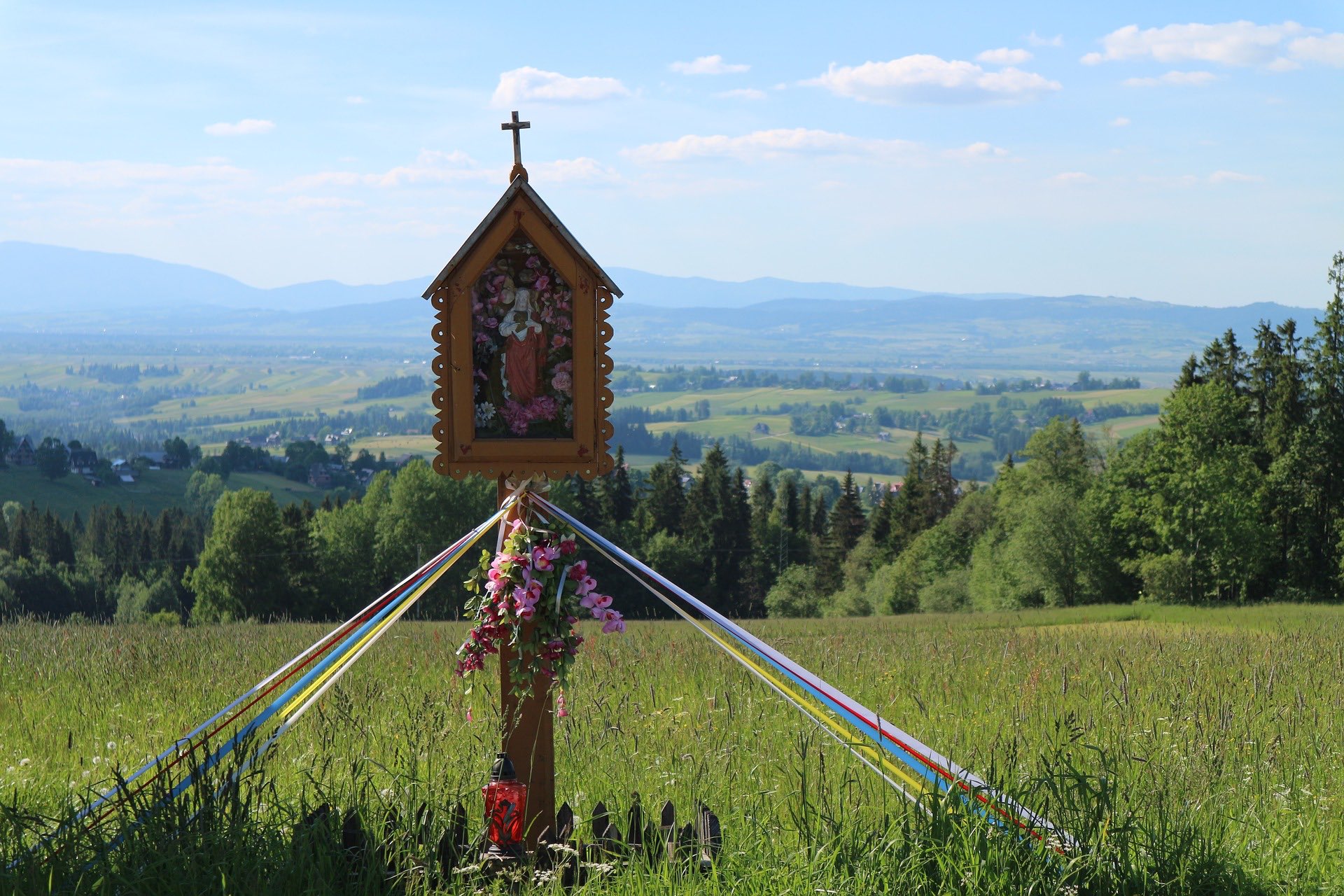
So today, or this weekend, find the time to flick that dusty copy of Pan Tadeusz today, watch the film or speak to your loved ones, as Ks. Twardowski urges us to do…


 1.Tracing Family History pre-WW2
1.Tracing Family History pre-WW2 2. Tracing Family History WW2
2. Tracing Family History WW2